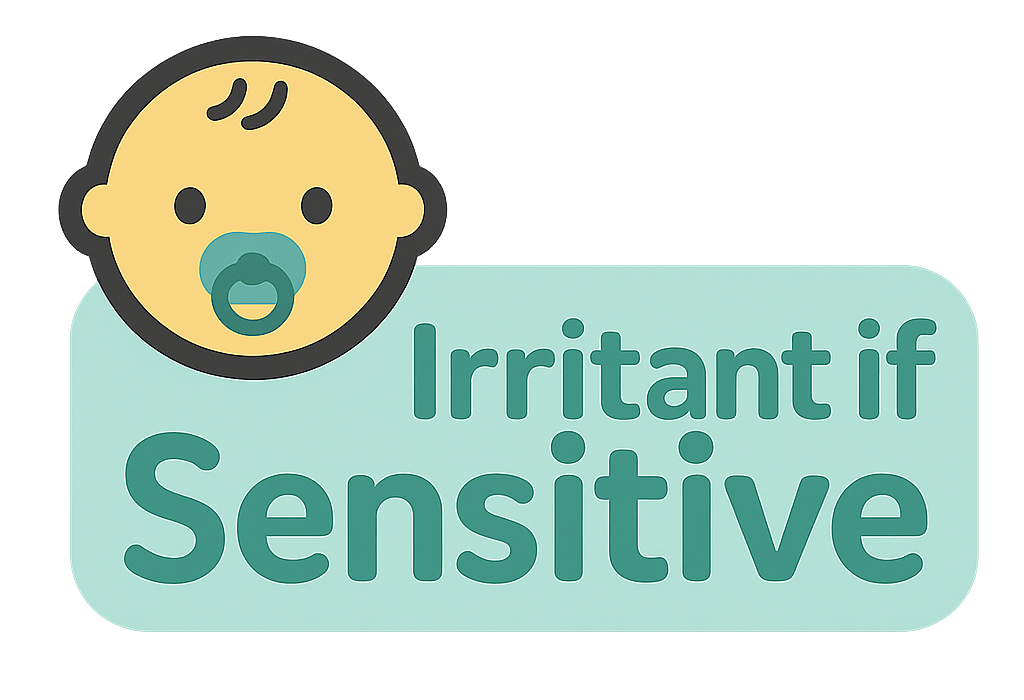Check for Different Age (6 available)
Safe for preschoolers to use Thymol?
ℹ️General Overview
For children aged 2-5 (toddlers and preschoolers), thymol is generally low risk when used in products made for kids and at low concentrations. Some children may get skin irritation or an allergic reaction. Thymol can also help other ingredients get into the skin more easily, so products should be made and tested for children.
✅What to Do
Use only products that list thymol at child-safe concentrations or are marketed for children. Do not apply undiluted thymol or strong essential oil preparations to a child’s skin. Patch test a small area first (apply a pea-sized amount on the inner forearm and wait 24 hours). Stop use and wash the area if you see redness, swelling, blistering, or other irritation. Avoid applying near the eyes, mouth, or on cuts and broken skin. Prefer products from reputable manufacturers that follow concentration limits.
⚠️Warnings
Watch for skin redness, rash, itching, swelling, or breathing changes; stop use and see a healthcare provider if these occur. Safety reviews (Cosmetic Ingredient Review) note thymol can act as a skin penetration enhancer and can irritate skin. Workplace hazard labeling (EU GHS) and Environment Canada note handling restrictions and that exposure should be limited. Some countries (for example Japan) recommend concentration limits for cosmetics — check product labeling and manufacturer guidance.
Are you holding the product?
Scan the full ingredient label and understand if it's safe for your child.
Safety Risk Labels
This ingredient has the following documented risks:





Tap or hover over labels to see detailed risk information.
Alternative Names for Thymol
This ingredient may also be listed as:
Always check ingredient labels carefully, as ingredients may be listed under different names.
Products Containing Thymol
This ingredient is found in the following products:
This list shows products that contain Thymol or its alternative names.
Common Questions About Thymol
Safe for preschoolers to use Thymol?
Use caution with Thymol for 2-5 year old children. Some safety concerns have been identified.
What are the organ risk risks of Thymol for preschoolers?
May harm organs like liver, kidneys, or lungs with repeated use. Young children may be more sensitive to these effects.
What are the absorbed risks of Thymol for preschoolers?
Can be absorbed through the skin and get into the bloodstream. Young children may be more sensitive to these effects.
What are the banned risks of Thymol for preschoolers?
Banned or heavily restricted in one or more countries. Young children may be more sensitive to these effects.
What are the environmental risks of Thymol for preschoolers?
Possible negative effects on the environment Young children may be more sensitive to these effects.
What are the irritant risks of Thymol for preschoolers?
Can cause skin redness, itchiness, or rashes—especially on sensitive baby skin. Young children may be more sensitive to these effects.
What products contain Thymol?
Thymol is commonly found in skincare products, cosmetics, and topical applications. Always check ingredient labels before use.
Is this suitable for preschoolers to using products with Thymol?
The appropriate age depends on the specific ingredient properties and concentration. This analysis is for 2-5 year old children. Use the age selector above to check other ages.
Want to scan another product?
Use our camera scanner to analyze more ingredient labels
Scan Another Product